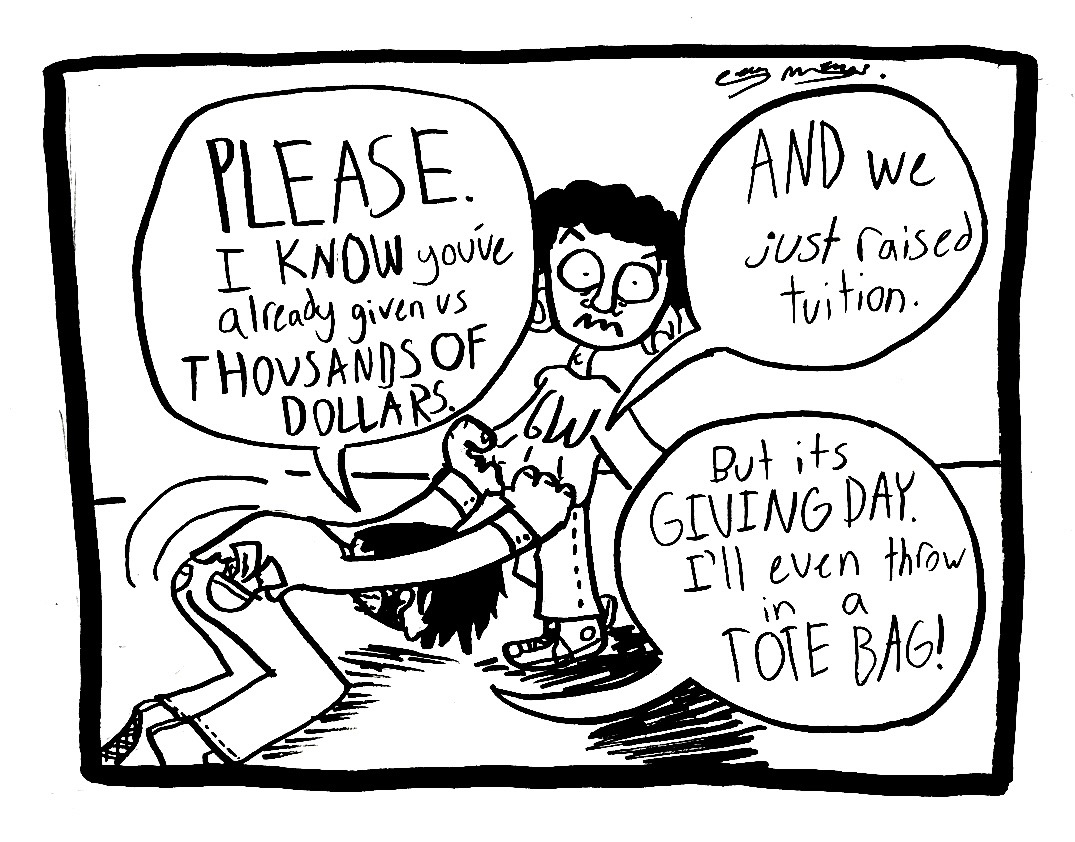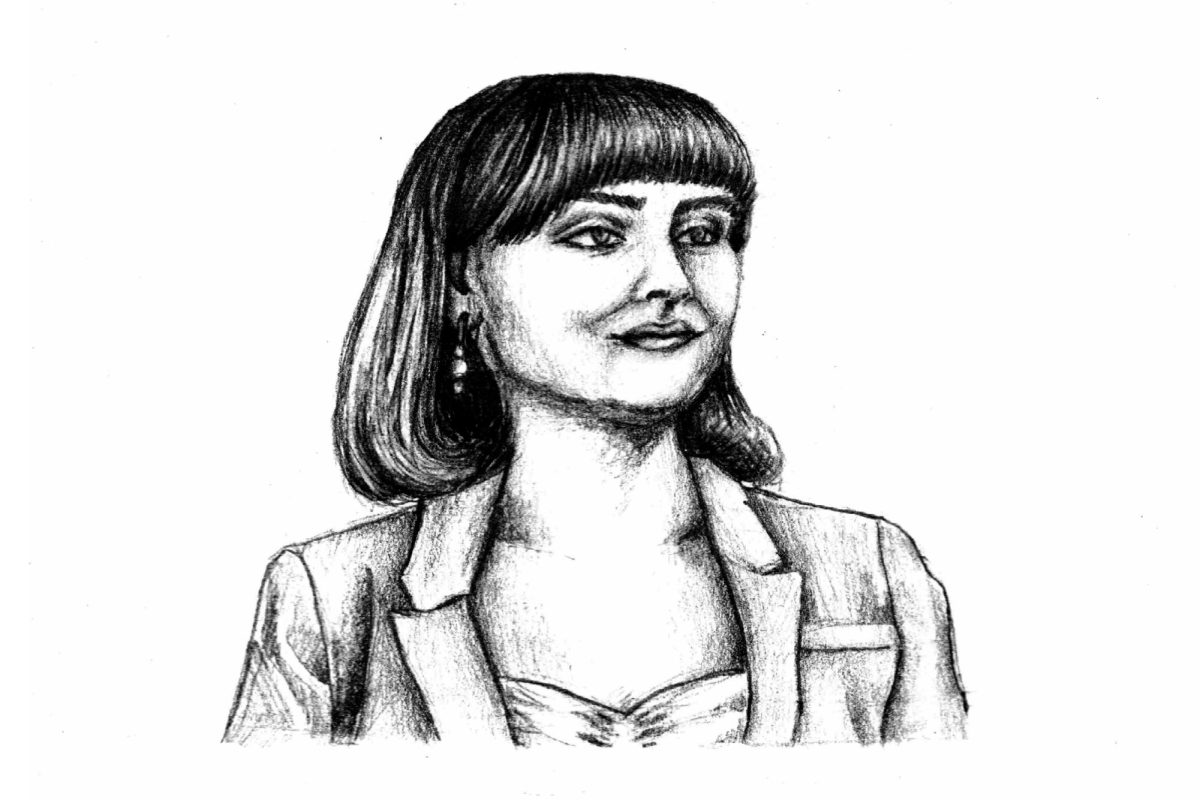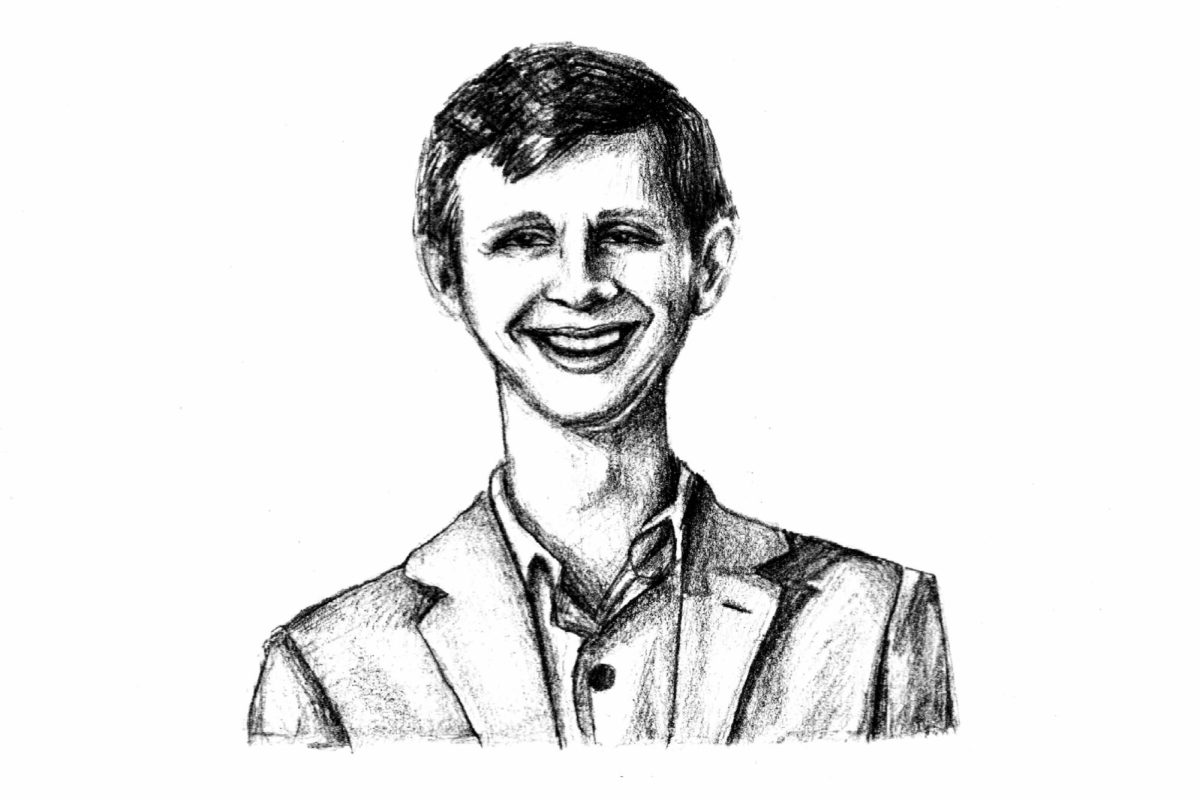Many students are wondering what the rest of the spring semester will look like as headlines about Omicron continue to unfold the second week into winter break.
Luckily, officials continue to plan for the re-opening of residence halls two days before the start of classes, a heartening sign of a year that does not bear striking resemblance to 2020 and the first half of 2021.
Here’s the best and worst of this week’s headlines:
Thumbs up:
Though COVID-19 has wreaked havoc on past semesters and continues to affect the coming ones, President Joe Biden is not indifferent to students’ financial concerns regarding the loans many Americans have taken out to obtain their degrees. Biden will extend the pause on student loan repayments until May 1. The pause was instituted in the March of 2020, at the beginning of the pandemic to give students more time to pay off their loans, and the extension will surely help recent graduates as their finances continue to be impacted by the pandemic.
The end of the year is nigh, and it is fitting to celebrate some of the highlights of student advocacy efforts this year. Earlier this semester, several GW students who attended the class of 2021’s commencement ceremony made signs to protest the University allowing a person who was accused of sexual assault to attend the commencement ceremony. This brought the issue of how the University deals with sexual assault and sexual assault survivors front and center.
Most recently, student activists were heard loud and clear after years of advocacy in favor of the U-Pass program, which will give students unlimited access to Metro services following a flat fee tacked on to tuition.
Thumbs down:
In worse pandemic-related news, D.C. has the highest rate of transmission in the country. Despite more than 67 percent of D.C. being fully vaccinated, cases have skyrocketed during the holiday season. People between the ages of 20 and 49 – who constitute nearly half of the District’s population – are driving up infection rates because they have a higher likelihood of attending work in person, a greater likelihood of household transmission due to raising young children and a greater chance of socializing outside the home, particularly during the holidays.
This does not bode well for an in-person spring semester, but hopefully GW’s vaccine and booster mandates will bolster our chances for the coming semester.
Shreeya Aranake, a senior majoring in history, is the contributing opinions editor.




